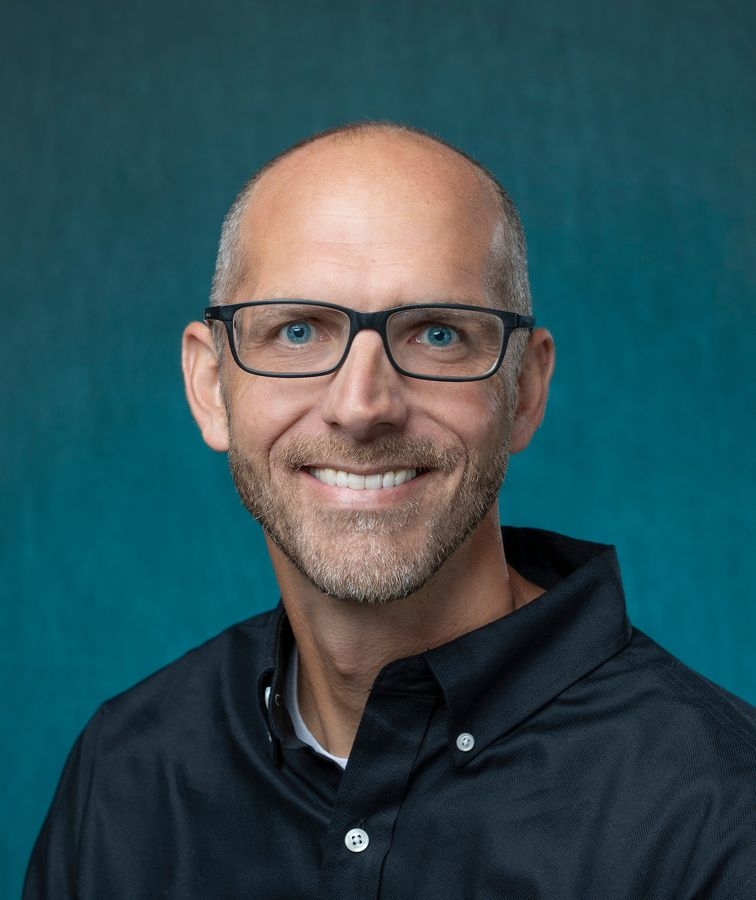Jonathan R. Kladder
Assistant Professor
Dr. Jonathan Kladder is Assistant Professor of Music at the University of North Carolina Wilmington. Dr. Kladder's elementary and secondary instrumental teaching experiences include a variety of band and chorus ensembles across private and public school settings. His groups actively performed in local competitions, parades, special community events, and outreach opportunities. Jonathan currently teaches music education, music technology, and popular music courses at the University of North Carolina Wilmington and is the coordinator of the popular music program. He continues to pursue an active research agenda and is a frequent presenter at local, state, national, and international music education conferences. He has two published books. His co-edited book, The Learner-Centered Music Classroom: Models and Possibilities, explores pedagogical models that support learner-centered approaches across the music teaching and learning milieu. His second book, Commercial and Popular Music in Higher Education: Expanding notions of musicianship and pedagogy in contemporary education, provides practical applications for teaching popular music in higher education. His articles have been published in the Journal of Music, Education, and Technology, Music Educators Journal, Journal of Popular Music Education, Visions of Research in Music Education, Creativity Research Journal, The College Music Society, Music Education Research, Contemporary Research in Music Learning Across the Lifespan, and 21st Century Music Education: Informal Learning and Non-Formal Teaching Approaches in School and Community Contexts. Jonathan is an active musician, playing guitars, keyboards, and MIDI controllers at his home studio in Wilmington, NC.
Education
B.M. in Music Education, Hope College.
M.A. in Music Education, Boston University.
Ph.D. in Music Education, University of South Florida.
Research Interests
Dr. Jonathan Kladder is interested in hip hop music education practices, the intersection(s) of music and technology, popular music education, issues of diversity, equity, and access in music admissions and in music education, and diversifying the music curricula in ways that enhance creative thinking, expand musicianship, and support learner-centered music learning.

